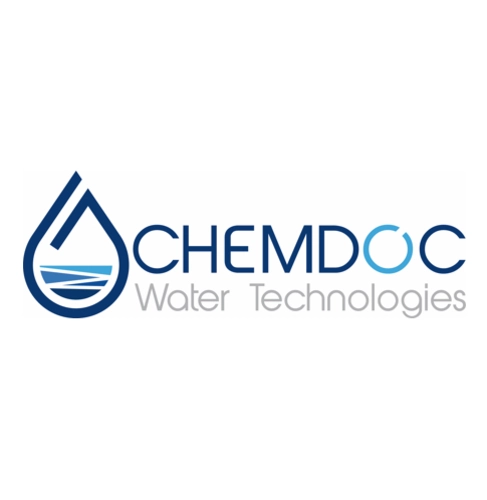What are the constraints for reusing the concentrate water from a reverse osmosis system?
2 answers
The concentrate of a reverse osmosis is water more or less concentrated in minerals.
The reuse limits relate to its salt concentration and its potentially very encrusting nature.
The direct use of concentrate is therefore rarely possible except in special cases of softened water upstream of reverse osmosis where the concentrate is certainly highly mineralized but compatible with certain uses (washing floors, cleaning, etc.).
Irrigation is rarely possible directly, the mineral content being incompatible with the growth of plants and the behavior of the soil over time (salinization)
The production of distilled water in evaporation processes is possible but the energy cost and the investment are dissuasive for current uses, these solutions are reserved for sites forced to respect zero liquid discharge.
Chemdoc Water develops reverse osmosis concentration stage systems allowing 50 to 70% of the water from reverse osmosis concentrates by producing demineralized water of a quality compatible with its direct use in many applications.
The possible yield depends essentially on the mineral composition of the concentrate and on the solubility limits of the saline species present in the water (calcium, bicarbonate, fluorine, silica, etc.). In some cases, the use of additional acidification and/or dosage of sequestrant is required.
This equipment is easily inserted downstream of existing installations, the overall efficiency of reverse osmosis typically increases from 75 to 90%, with maximized water recovery and reduction of water intake and discharge.
A pre-feasibility study can be carried out by our engineers with some input data:
- origin and quality of the inlet water on the existing reverse osmosis, (analysis with complete ionic balance of the water)
- existing physical and chemical pre-treatment
- conversion rate (yield) of the existing installation
- instantaneous production flow and average volume produced per day
Hello,
The question of using concentrate after osmosis is interesting, but for what application?
Only your answer concerning this use can make it possible to answer it.
Cordially
Hydrobios.com
Questions on the same topic
I am looking for online training on the treatment of unconventional water, specifically desalination and demineralization. Do you have any tips or recommendations?
Last response: Hello, I recommend the IOWater training courses! Cordially Isabelle Duchemin / Polymem
Can raw water be made drinkable by UV treatment or is it necessarily by reverse osmosis?
Last response: Hello, In order to obtain drinking water from raw water, it would first be necessary to have a complete analysis of this water. Read more
We are looking for a solution to make the water from the well of our future (old) house drinkable, not connected to the collective drinking water network. Recommendations?
Last response: Hello, It is important to carry out an analysis of your water before taking any action. This will make it possible to determine the physicochemical parameters of the latter and highlight the... Read more
What is the best system for a vegetable shop wishing to recycle its washing water and therefore reuse it in a closed circuit?
Last response: If you are looking for efficiency, go for the Ozone & ZonoSistem
What is the difference between prechlorination and disinfection?
Last response: Hello Pre-chlorination is a process for treating certain reducing compounds at the entry into the potabilisation process. This technique can lead to the formation of undesirable by-products or THMs... Read more
What is the average price of osmosis water?
Last response: The price of reverse osmosis water depends on several factors. First of all, the origin of the raw water to be treated and its production cost. (well, public network drilling, etc. Read more
What is the difference between reverse osmosis and ozonation for water treatment? Which method is the most effective?
Last response: Hello Depending on the quality of the water (loading of organic matter, molecules), the desired purification, the treatment channel, one or the other of these 2 treatments are implemented. Read more
What industries benefit most from advanced wastewater treatment technologies ?
Last response: Les technologies avancées de traitement des eaux usées sont particulièrement bénéfiques dans plusieurs secteurs industriels. Read more
Does reverse osmosis filter out PFAS?
Last response: La filtration par osmose inverse est un procédé efficace pour éliminer les substances per- et polyfluoroalkylées (PFAS) de l'eau. Read more
I am looking for a solution to disinfect and decontaminate the rainwater (4000L storage) that I consume for the toilets and the washing machine. I am looking for a space-saving product. What do you recommend?
Last response: Hello, BIO-UV specializes in the design, manufacture and marketing of UV reactors and ozonators (Triogen). In order to send you a suitable technical proposal, we would need additional information... Read more

